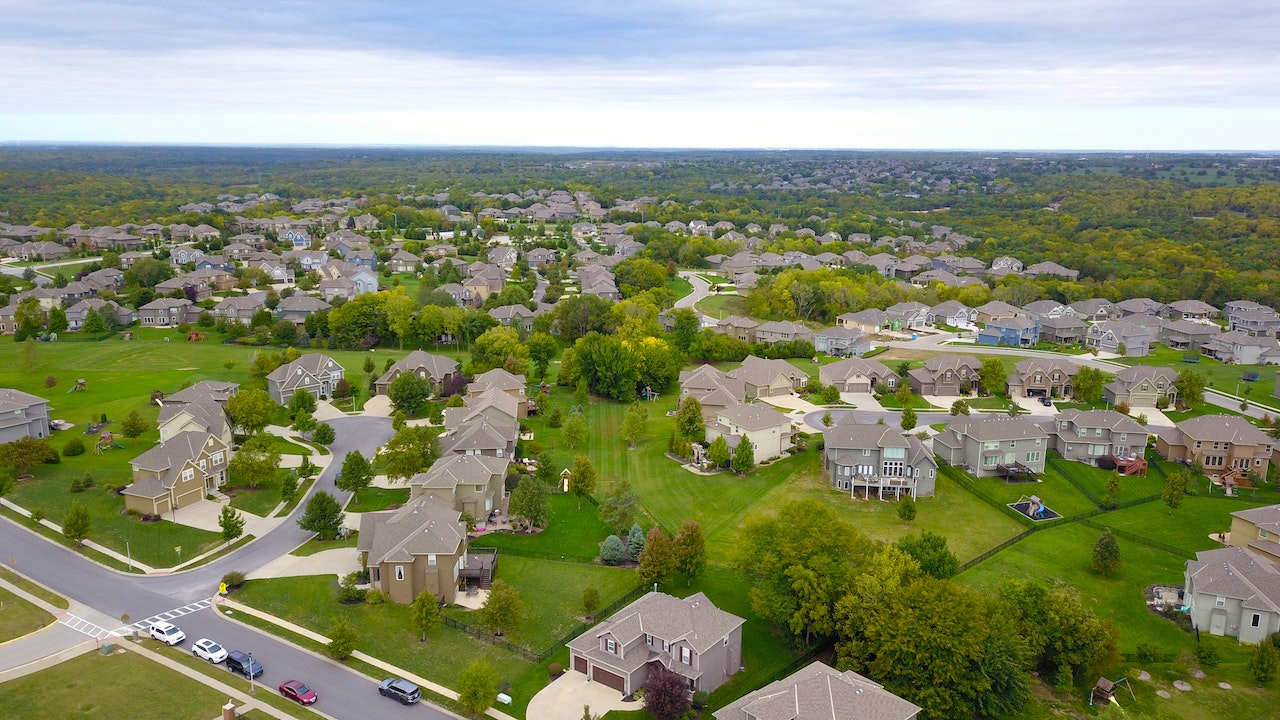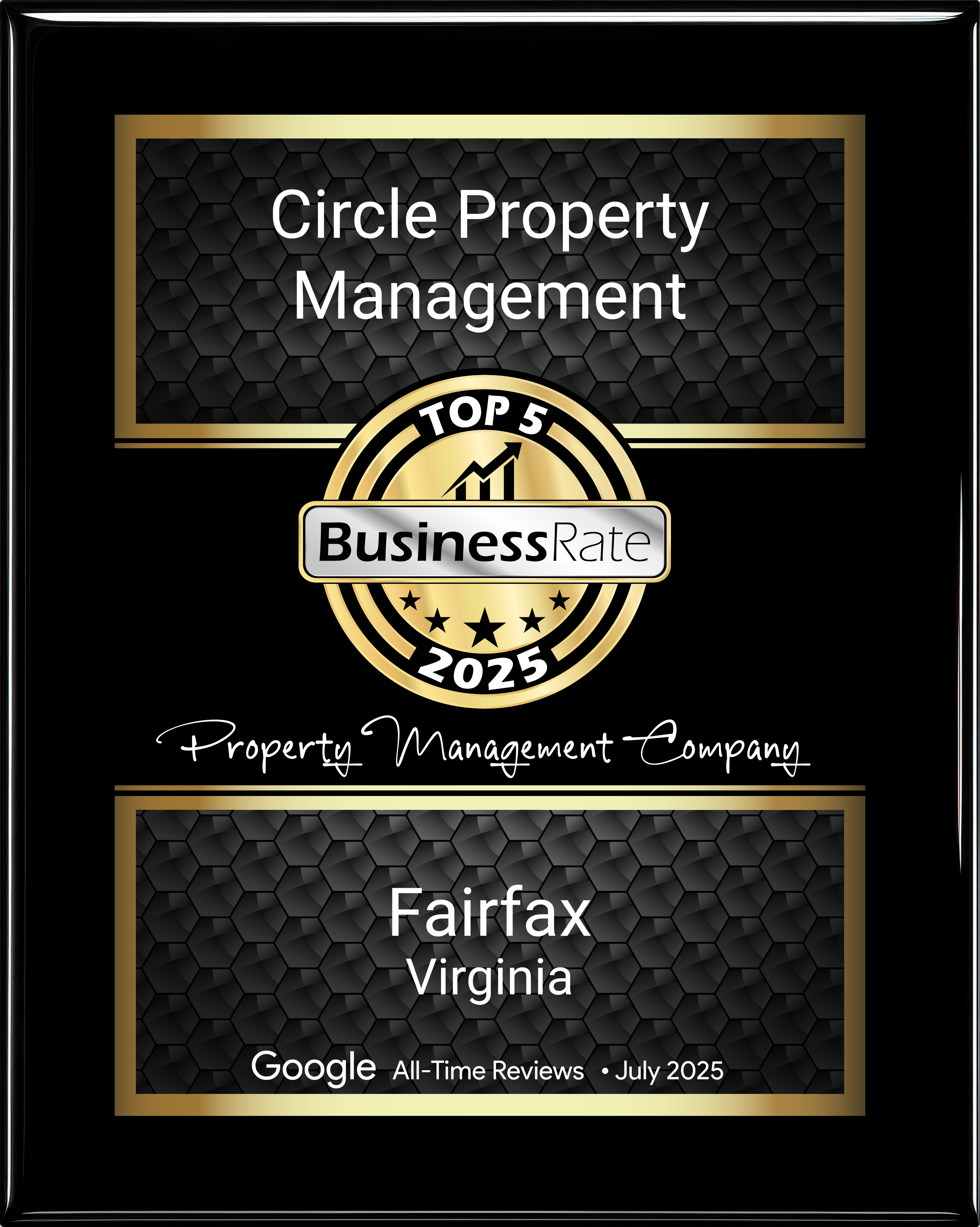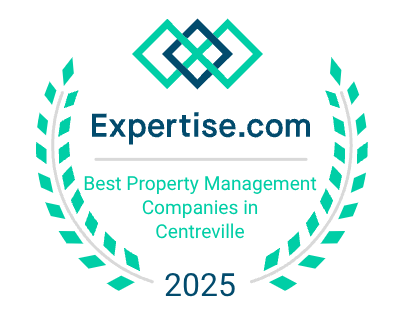
If you’re considering purchasing an investment property in a community with a homeowner’s association (HOA), you may not be able to rent your property as planned.
HOAs have certain restrictions on rental properties that may make it more challenging to have the rental property you’ve been dreaming of.
So what do you need to know when purchasing an investment property with an HOA? Here are a few critical considerations.
You May Not Be Able to Rent the Property at All
If you have your eyes on a potential rental property located within an HOA community, it’s essential to consider whether you can rent the property before purchasing.
Some homeowners’ associations put a limit on the number of rental properties in their community. So, for example, if they put a limit of five rentals in the community and that number has already been reached, you will not be able to turn your property into a rental in that particular community.
HOAs do this to discourage property owners from renting out their homes and prevent the community from turning into one that is primarily composed of rentals.
Restrictions Can Make Finding Tenants More Difficult
An HOA can impose other restrictions on rental properties within the community that can make finding tenants more challenging. For instance, the association may need to approve any tenants for the property prior to lease signing.
This can not only lengthen the tenant approval process for your rental, but it may make it more difficult to find tenants in the first place. After all, some tenants have a date that they need to be out of their old property, so if you get stalled by waiting for the association to approve renters, they may look elsewhere for their housing.
The Owner May Need to Occupy the Property for the First Year
Another way homeowner’s associations can make it difficult for investors to create profitable rental properties is by requiring the owner to occupy the home for up to a year after the purchase.
If the owner does not reside at the property during this time, the association may require that the property be left vacant for a period of time—sometimes up to one year—before tenants can move in.
HOAs can also put a limit on how often the unit is rented. For example, if you do short-term leases, a home in an HOA community may not be a good fit, as they may only let you rent the property once or twice a year at most.
Changing Regulations Can Impact Your Profitability
It’s important to remember that the HOA can change its rules and regulations as time goes on, so you’ll need to be prepared for any changes that could impact your rental property’s profitability.
For example, if the community currently does not need to approve tenants, they may later decide to require approval before you sign the lease. The association can also choose to disallow short-term rentals, so you would be stuck with finding tenants who want a year-long lease.
Considering these factors will help you make the best decision when looking to purchase a property in an HOA community.
Is the Same True for Condo Associations?
Condominium associations are similar to homeowner’s associations, so the same restrictions can apply. These associations, like HOAs, are increasingly implementing tighter restrictions regarding condos that are rentals in the community.
For example, let’s say you have a condo that you’ve successfully rented out without issue for several years. The condo association can change its rules to limit the number of rental units at any time, so there’s no guarantee that you will be able to lease the property once the tenant moves out.

Should You Buy a Rental With an HOA?
If you’re thinking about purchasing an investment property that has an HOA, be sure to consider all the association’s rules before making your purchase, and know that they can change over time. Have more questions about rental properties with HOAs? Ask us at Circle Property Management by calling (703) 349-0144 today.
About The Author
 Patrick H. Page - Principal Broker | Licensed in Virginia and the District of Columbia
Patrick H. Page - Principal Broker | Licensed in Virginia and the District of Columbia

















